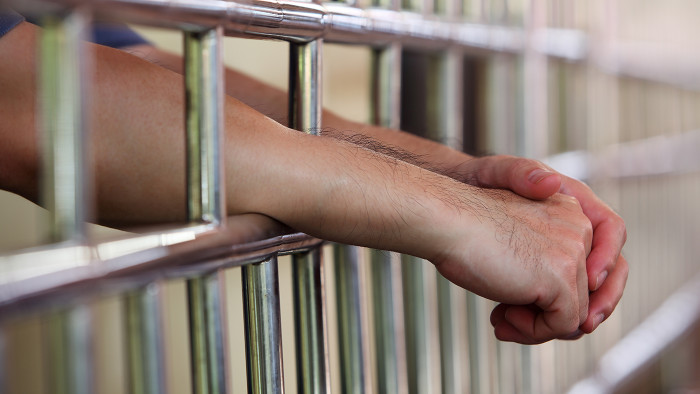
This article, jointly written by Teresa Barrio Traspaderne, our Campaigns and Communications Intern, and Daniel Roos, a Swedish criminal lawyer and a member of Fair Trials’ Legal Experts Advisory Panel (LEAP), explores the practice of pre-trial detention in Sweden, and why it has been subject to harsh criticism from international human rights bodies.
Over 25% of inmates in Swedish prisons are in pre-trial detention. Although the figure stands slightly below the world average (a third of the global prison population is awaiting trial), it is considerably higher than in other European jurisdictions—such as England and Wales or Spain—, where pre-trial detainees make up around 10% of the prison population.
In Sweden, pre-trial detention is ordered for suspects of offences carrying prison terms of over a year, as long as there is risk of flight, impeding investigation (for instance by destroying evidence) or continuing criminal activity. The detention is reviewed by a court every fortnight; a new remand hearing is required if no legal action has taken place within 14 days. Nevertheless, suspects are unlikely to be released as a result of these hearings unless the prosecution requests it, as courts tend to repeat a previous decision to detain despite there being insufficient grounds. Wrongful detention does indeed occur: over 10% of pre-trial detainees in 2011 were financially compensated for their unlawful arrest and detention.
Swedish legislation does not stipulate a maximum period of pre-trial detention. Although this mirrors a generally speedy justice system, there have been instances of pre-trial detention spanning for 1,400 days—with 1,000 in isolation. Such lengthy pre-trial detention is somewhat exceptional, but if an investigation is particularly complicated, pre-trial detention lasting for over a year is not unheard of.
Sweden does have alternatives to custody, including supervision, travel bans and an obligation to report to a police station, but these are only used for vulnerable people (including minors) or in cases where the alleged offence is not punishable by a prison sentence. Bail is not recognised as an alternative to pre-trial detention.
The most pressing issue of concern, however, is the extensive use of restrictive measures, particularly isolation. These include restrictions of visits, phone calls, correspondence, contact with other detainees, and access to newspapers, radio and television.
In its latest report on Sweden, published last month, the Council of Europe’s Committee for the Prevention of Torture (CPT) “regrets that despite 24 years of on-going dialogue between the CPT and the Swedish authorities on the matter, there are no real signs of progress as regards the widespread imposition of restrictions on remand prisoners”. Although Sweden has introduced measures to ensure consistency in the application of existing pre-trial detention legislation, the CPT deems these insufficient and urges Sweden to introduce legal reform that will strictly limit pre-trial detention to exceptional circumstances and for a defined maximum of time (para. 53).
Restrictions are only supposed to be imposed to reduce the risk of defendants contacting associates who would interfere with evidence and obstruct the investigation, yet there is data to suggest that these measures are imposed almost systematically. Official government statistics point that in 2014 68% of pre-trial detainees had been subjected to some sort of restriction. Despite continuous criticism from the CPT and other international bodies, such as the United Nations Committee against Torture (CAT), the number of remand prisoners with restrictions has only decreased by 2% in the last five years. Of the total of pre-trial detainees with restrictions, 1.6% were juveniles (ages between 15 and 17), and almost 11% were young prisoners (aged between 18 and 20).
In its 2014 report, the UN CAT also drew attention to the application of restrictions to minors in pre-trial detention. The UN body also suggested that isolation measures were directly correlated to incidents of suicide and suicide attempts in remand prisons.
Find out more about our campaign to end excessive and unjustified pre-trial detention here.


